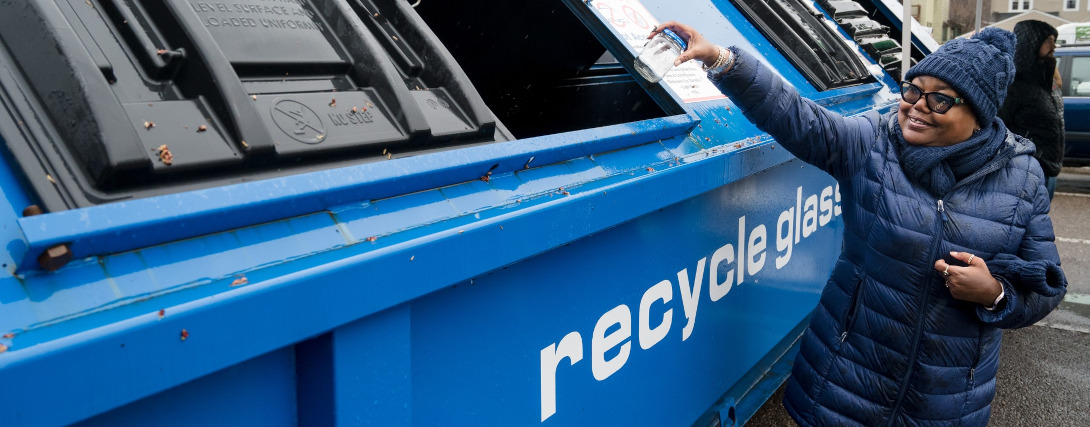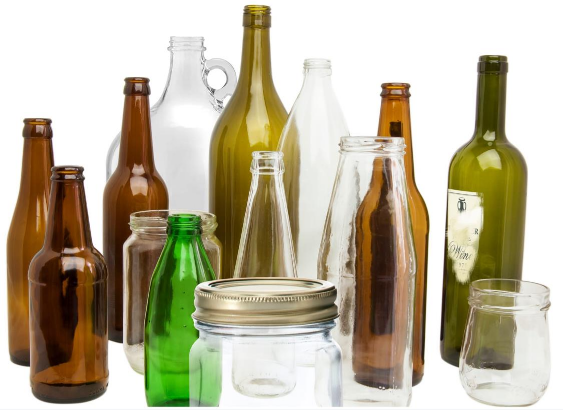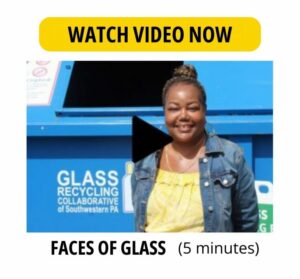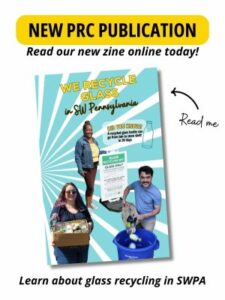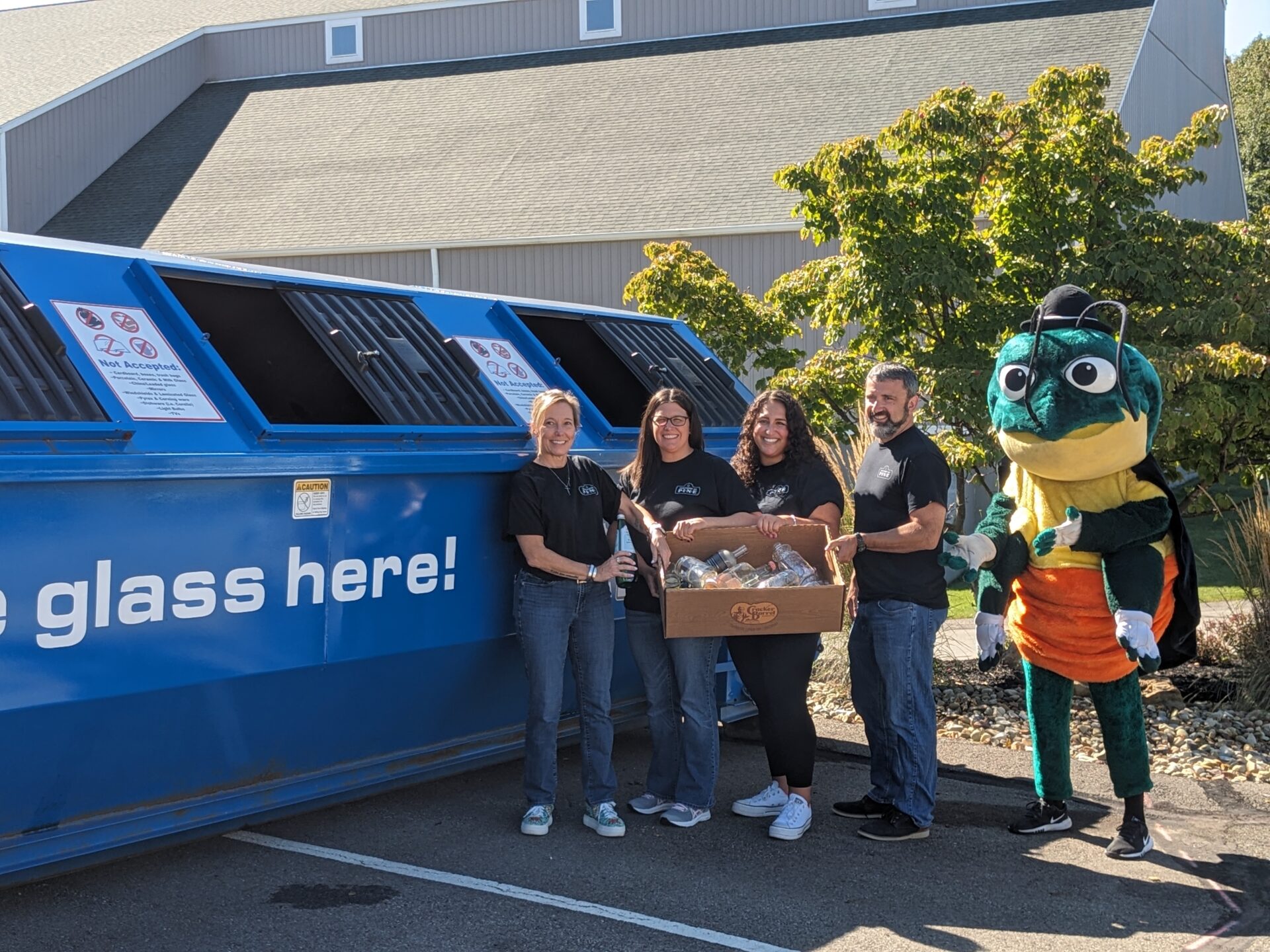Many communities have lost access to glass collection services in their curbside recycling programs, but glass is still a highly valuable and recyclable commodity.
PA communities and businesses can ensure that glass is recycled by supporting expansion of glass drop-off collection sites in our region. PRC continues to pursue this goal with the support of PA residents who utilize these sites and collection events for their recycling needs.
Note: These are PRC-affiliated glass bins. More bins may be available in your area. Call the DEP Recycling Hotline at 1-800-346-4242 for information about glass recycling in your area.

